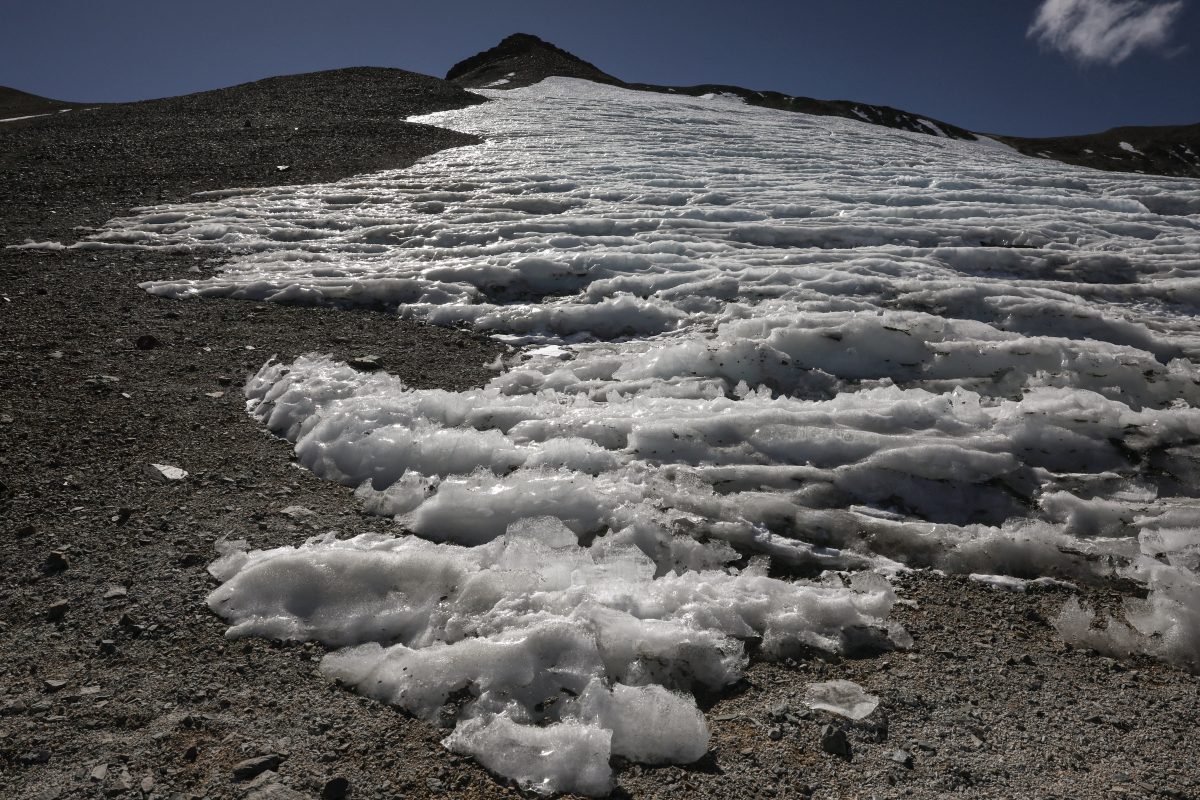SANTIAGO, (Reuters) – Recent glacier retreat across the Andes is unprecedented in the history of human civilization, according to a new study published in the Science journal yesterday.
The discovery shocked scientists, who initially planned to study the current state of glaciers and how they had varied throughout human civilization.
“We thought this result was decades away,” said Andrew Gorin, lead author of the study, who first believed the initial results were a fluke, but were confirmed by later samples.
“It goes to show you that this is happening faster than even those of us that think about this the most believed.”
Gorin and the team of scientists carbon-dated bedrock that had been recently exposed by retreated glaciers by measuring beryllium-10 and carbon-14 nuclide levels and found that concentrations were nearly zero.
“Basically, if your rock can see the sky, it’s accumulating these nuclides,” Gorin said, adding that the decay rate of these nuclides show that the rock hadn’t been exposed during the Holocene Era, which dates back 11,700 years, but could go back even further.
“I would bet my whole life savings that in fact, these glaciers are smaller than they’ve been since the last interglacial period,” which ended about 115,000 years ago, Gorin said.
The study collected data at four glaciers across the Andes, which comprises 99% of the world’s tropical glaciers. These glaciers are more susceptible to changing weather since they’re consistently at or near freezing point.
“We think this is the canary in the coal mine, that this is going to happen everywhere before long and maybe sooner than we thought,” Gorin said.
A Reuters correspondent recently climbed multiple mountains across the Andes to see the changes mountaineers were witnessing first hand as glaciers retreated. Many described increasingly dangerous conditions and changes unprecedented in their lifetimes.
“I think that it’s a sign that we’re now departing the condition, the climatic conditions that we’ve been used to, that we’ve built our global civilization, as we know it, in.”

